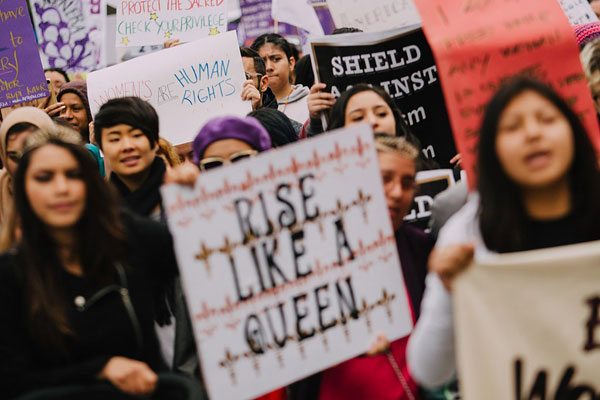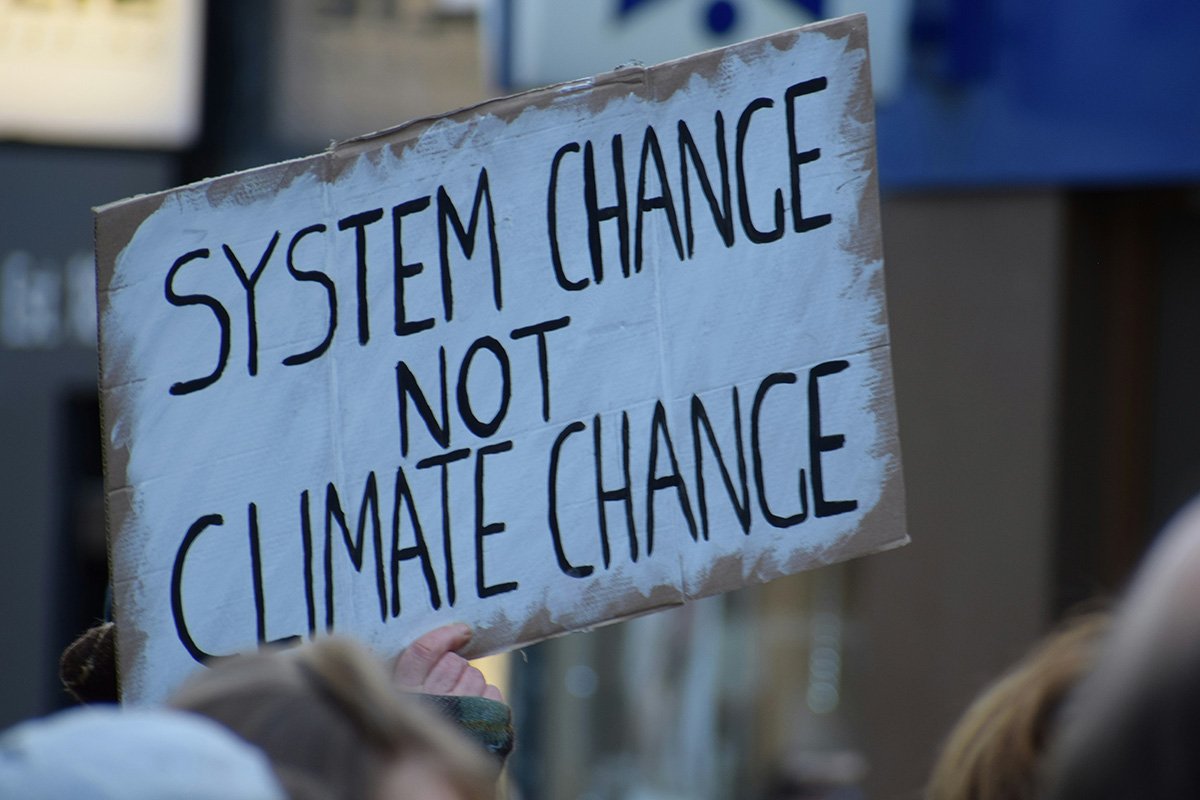
March 8, 2018; Devex
For more on this topic, please read (or listen to) Amy Costello’s “After Sexual Assault, This Former Aid Worker Found Little Help from the UN.”
Yesterday, on International Women’s Day, 1,111 women collectively published an open letter to “Senior Managers, CEOs and Board Members of Humanitarian and Development Organizations.” They demanded reform of the sector’s behavior toward women and the patriarchal norms that permitted sexual abuse and exploitation of women and girls all over the world.
Their letter includes three specific demands:
- Trust women: Organizations need to take action as soon as women report sexual harassment, exploitation and abuse; allegations must be treated with priority and urgency in their investigation; the subject of a complaint of this nature must be immediately suspended or removed from their position of power and reach of vulnerable women and girls.
- Listen: Foster a culture where whistleblowing is welcome and safe—the way to win back trust of donors, the public and the communities we work with is to be honest about abuses of power and learn from disclosures. Sexual harassment, exploitation and abuse should no longer have to be discussed in hushed tones in our offices.
- Deeds not words: We need effective leadership, commitment to action and access to resources. It is not enough to develop new policies which are never implemented or funded—with the right tools we can end impunity at all levels in the sector.
The letter is part of an ongoing movement to expose abuse in humanitarian organizations, as well as in other sectors like arts, business, and government. NPQ has covered scandals touching organizations like the American Red Cross, the Presidents Club, USA Gymnastics, the Humane Society, and Oxfam. As the #MeToo and #TimesUp movements gain strength, men and women are coming to face the power imbalances that affect their own organizations.
The letter acknowledges the power imbalance that contributes to cultures that implicitly condone abuse, saying, “Patriarchy impacts women and girls from the global South and women of color hardest. We acknowledge that these women are most affected and vulnerable to exploitation and abuse by aid workers, yet [they] are also the least likely to be heard and least likely to be able to sign on to support this letter.”
Sign up for our free newsletters
Subscribe to NPQ's newsletters to have our top stories delivered directly to your inbox.
By signing up, you agree to our privacy policy and terms of use, and to receive messages from NPQ and our partners.
The aid sector has not hitherto been kind to whistleblowers or the women (and men) who report their own abuse. In the Peace Corps, reports show one in five volunteers is sexually assaulted during their service, but one woman who reported her attack told CBS, “They also told me that my attack had occurred because I had been walking in my site and that as a volunteer, it was my job to have been more proactive to prevent it from happening.” An internal UN report released last month showed that staff “lack confidence they can report misconduct without retaliation,” and women reported 17 and 15 percent less favorably than men, respectively, when asked about gender equality and female empowerment in the organization.
Emma Reilly, a UN whistleblower, said, “The system actually works perfectly—it’s just that its purpose isn’t to protect whistleblowers; it’s to punish them and cover up any act of misconduct by the UN.”
Anne Wallestad of BoardSource recently wrote for NPQ about how organizations can go about changing their cultures to protect their members from abuse and exploitation. As Anne so wisely pointed out, “Organizational responses should be rooted in the organization’s values….The board must also be willing to contemplate how they themselves might be contributing to a culture that enables sexual misconduct, whether directly or indirectly.” Rooting out abuse is an issue of culture change as much as or more than it is policy change; in fact, a report from Danielle Spencer at the University of Sussex cautioned against “diversionary action,” or “reports [that] are written and then shelved, policies developed and never implemented—as a means to prove that action has been taken whilst not implementing anything or a practical nature.”
This letter challenges NGOs (and, really, any organizations) to take real action. Steps like those demanded—trusting women, listening to them—are steps in that direction. A recent summit organized by the Department for International Development in Britain agreed on a list of actions to be taken by all UK-based charities, including increased incident reporting and “Mandatory inductions on safeguarding for all staff should be introduced to ensure any issues are identified and acted upon.”
Of course, the hardest burden falls upon the most vulnerable: Reporting sexual abuse remains an enormous risk for the women (and men) who see and experience it. The snowballing of movements to tell these stories, and the publication of this letter, speak to the strength given to individual victims by a collective voice. Nonprofits have an opportunity to make it clear that they will stand behind whistleblowers, hear reports, and hold perpetrators accountable. Demonstrating a principled and effective response to reports and courageous letters like this one can help ensure that others may come forward until there are no more stories to be told.—Erin Rubin










